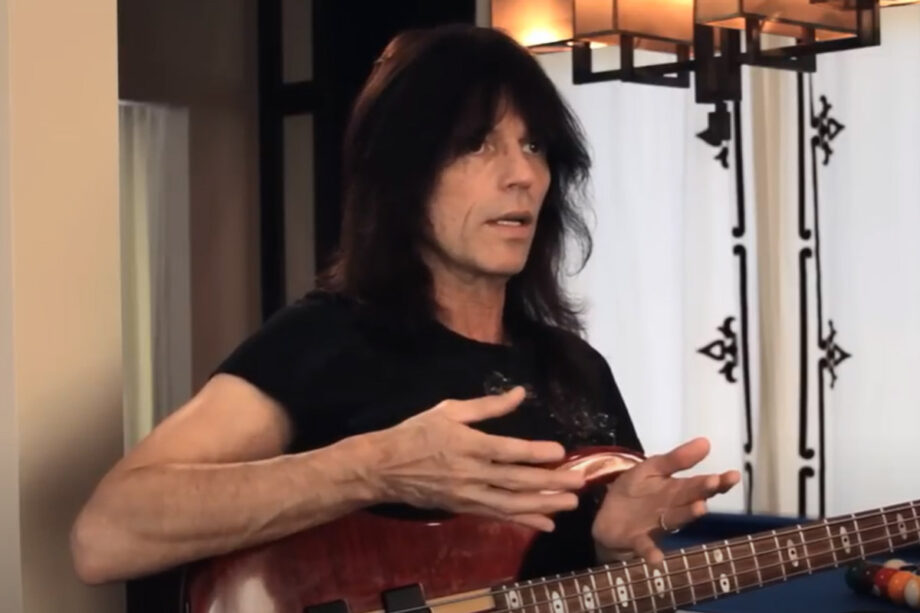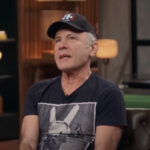Legendary bassist Rudy Sarzo shared his thoughts on live performance authenticity in a recent interview with Nikos Katsikanis. The veteran musician, known for his work with Quiet Riot and Ozzy Osbourne, highlighted the importance of raw, unfiltered live performances in rock music.
“You had to put on a show, which I enjoy doing that having that freedom to move around and put on a show. Just like the bands that inspired us,” Sarzo said. “Led Zeppelin is a great band to watch even in the very early stages. It was like watching a tight rope artist with no net, walking on the tight rope.”
“That is the way that God meant rock and roll to be played,” he continued. “I’m not being critical. I’m just being observing a certain fact that a lot of musicians go out with pre-recorded music, which means that they’re bound to have to play everything the same every single night. They are not recreating anymore.”
Sarzo’s comments showcase his extensive industry experience. His commitment to authentic live performances has remained constant throughout his career.
Distinguished Career Achievement
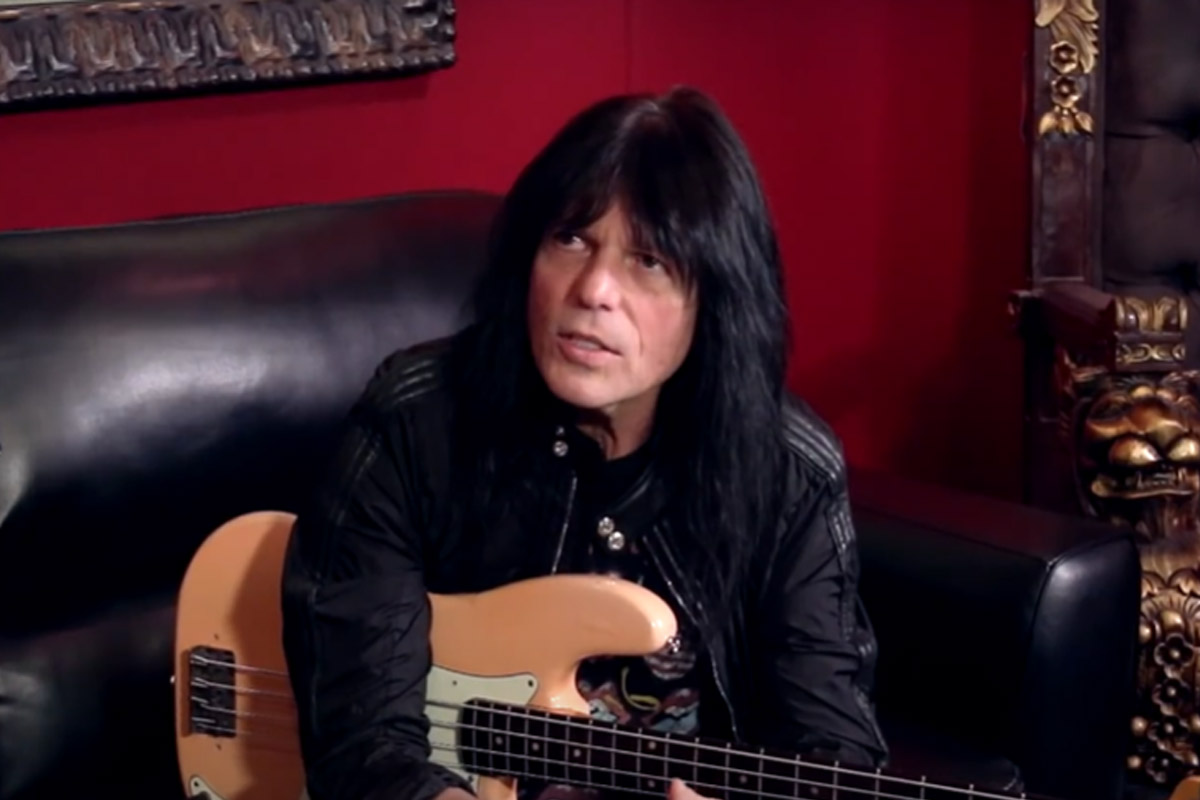
Circus magazine named Sarzo the number-one bassist in 1983, as noted in biographical sources. This recognition established his position among rock’s most respected bassists.
His musical journey spans over three and a half decades. During this time, he has performed with multiple legendary bands, including Quiet Riot, Ozzy Osbourne, Whitesnake, and Dio.
Recent Musical Journey
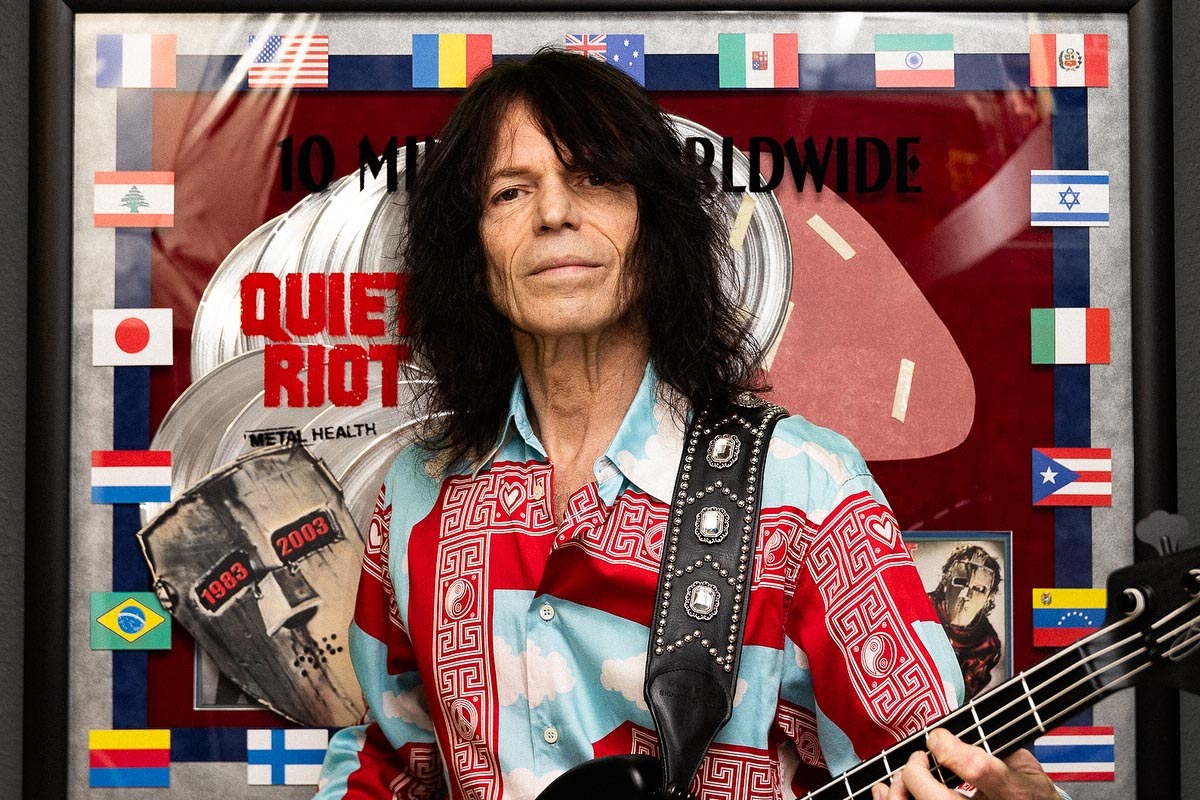
Life and Times documented Sarzo’s return to Quiet Riot in 2021. This move reinforced his dedication to live performance excellence.
His reunion with the band enables him to maintain his musical principles. He continues to deliver authentic, unscripted performances that align with his vision for rock music.
Performance Philosophy
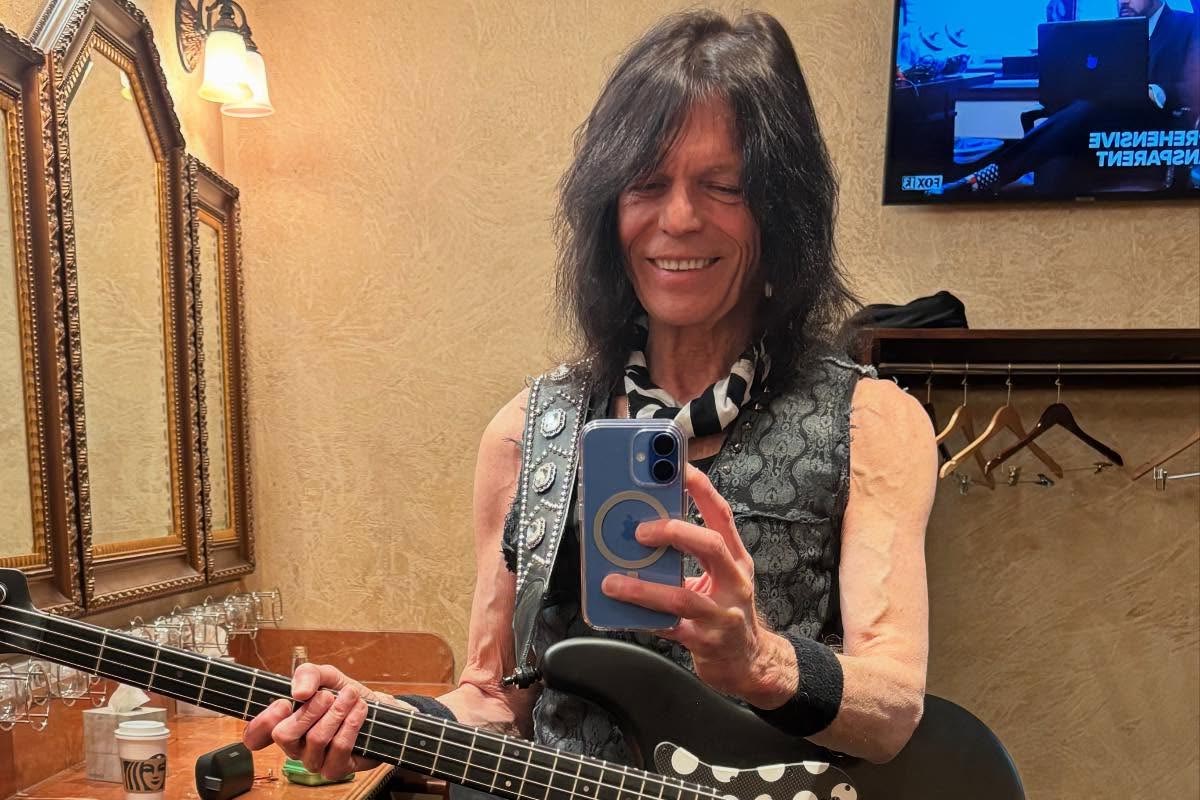
Dave’s On Tour highlighted Sarzo’s unwavering commitment to authentic live performances. His approach has influenced numerous musicians in the rock scene.
His recent commentary on pre-recorded music reflects his long-standing principles. He maintains his dedication to the spontaneous, dangerous edge that defined rock’s golden era, particularly evident in his admiration for Led Zeppelin and The Who.


